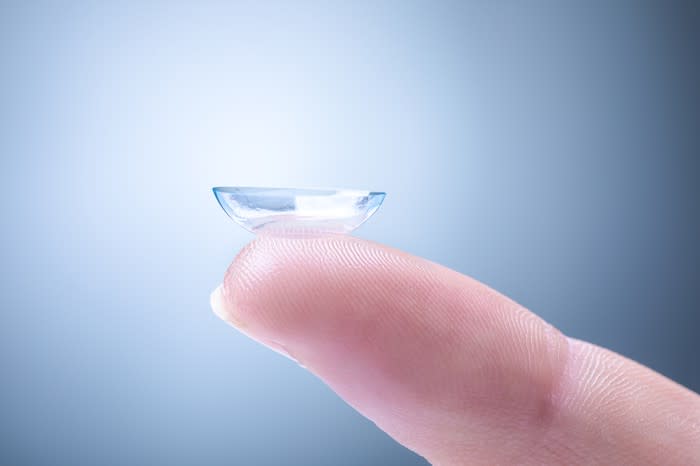Bausch Health Ups Its Full-Year Outlook After Posting Solid Organic Growth
After being an underdog for several years, Bausch Health Companies (NYSE: BHC) now finds itself something of a top dog. In May, the company posted its strongest organic growth in three years. And Bausch Health's stock performance is beating the broader indexes so far in 2019.
The company reported its second-quarter results before the market opened on Tuesday, and Bausch Health yet again provided some reasons for investors to be optimistic about its turnaround. Here are the highlights from those Q2 results.

Image source: Getty Images.
Bausch Health results: The raw numbers
Metric | Q2 2019 | Q2 2018 | Change |
|---|---|---|---|
Revenue | $2.15 billion | $2.13 billion | 1.1% |
Net income (loss) | ($171 million) | ($873 million) | N/A |
Earnings per share | ($0.49) | ($2.49) | N/A |
Adjusted net income | $372 million | $327 million | 13.8% |
Data source: Bausch Health. N/A = not applicable.
What happened with Bausch Health this quarter?
The company's Bausch + Lomb/International segment generates roughly 56% of total revenue. While the segment's revenue declined slightly from the prior-year period on a reported basis to $1.2 billion, sales grew organically by 4% year over year excluding the impact of foreign exchange, divestitures, and discontinuations. This marked the 11th consecutive quarter of organic growth.
Bausch Health again reported strong growth for its Salix segment. Sales soared more than 15% higher year over year to $509 million. This increase was primarily driven by gastrointestinal disorder drug Xifaxan, which notched sales growth of 21% in the second quarter.
There were a couple of areas that didn't perform as well, though. Ortho dermatologics segment revenue fell by 13% from the prior-year period to $122 million. This decline was due mainly to the loss of exclusivity for Elidel, Zovirax, and Solodyn. Also, Bausch Health's diversified products revenue slid 7% lower year over year to $313 million. The decrease stemmed primarily from the loss of exclusivity for several products.
Bausch's bottom line as reported under generally accepted accounting principles (GAAP) improved from the prior-year period despite the company again posting a net loss. Bausch attributed this improvement to higher revenue, lower interest expense, and a lower loss on extinguishment of debt. The company posted a profit on an adjusted (non-GAAP) basis, though, thanks mainly to an adjustment related to the amortization of intangible assets.
What management had to say
Chairman and CEO Joseph Papa stated:
Delivering a second consecutive quarter of reported and organic revenue growth, our second quarter 2019 results demonstrate that Bausch Health is clearly pivoting to growth. Bausch + Lomb/International delivered its eleventh consecutive quarter of organic revenue growth, driven by sustained strength in Global Consumer and Global VisionCare; and Salix reported more than $500 million in total quarterly revenue for the first time.
Looking to the second half of 2019, we expect a number of catalysts to drive growth across our core business segments as we continue to reduce debt, increase R&D and further grow our newly launched products. In addition, we have raised our full-year revenue and adjusted EBITDA guidance based on our first-half performance and our outlook for the second half of the year.
Looking forward
As Papa indicated, Bausch Health thinks that the second half of 2019 will be better than it initially expected. The company raised its revenue guidance for full-year 2019 from between $8.35 billion and $8.55 billion to between $8.4 billion and $8.6 billion. It also increased its full-year adjusted earnings before interest, taxes, depreciation, and amortization (EBITDA) from between $3.4 billion and $3.55 billion to between $3.425 billion and $3.575 billion.
Bausch Health could generate additional sales growth in the coming quarters from the launches of several new products, including Lotemax (a gel for postoperative inflammation and pain following ocular surgery), its new Ultra multifocal contact lenses for astigmatism, and Duobrii lotion for treating plaque psoriasis.
Keith Speights has no position in any of the stocks mentioned. The Motley Fool recommends Bausch Health Companies. The Motley Fool has a disclosure policy.
This article was originally published on Fool.com
